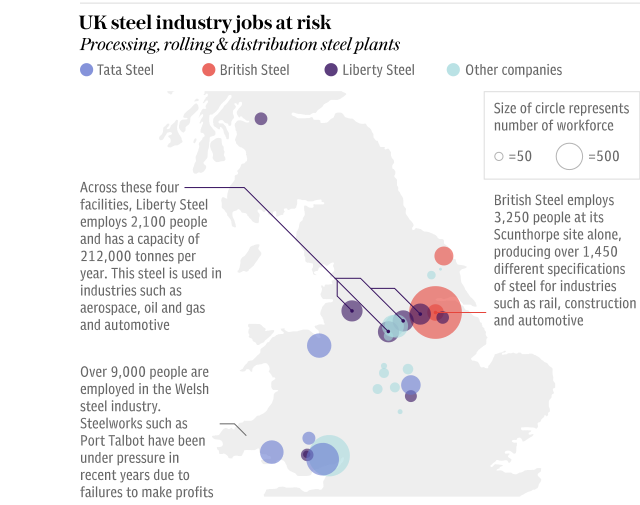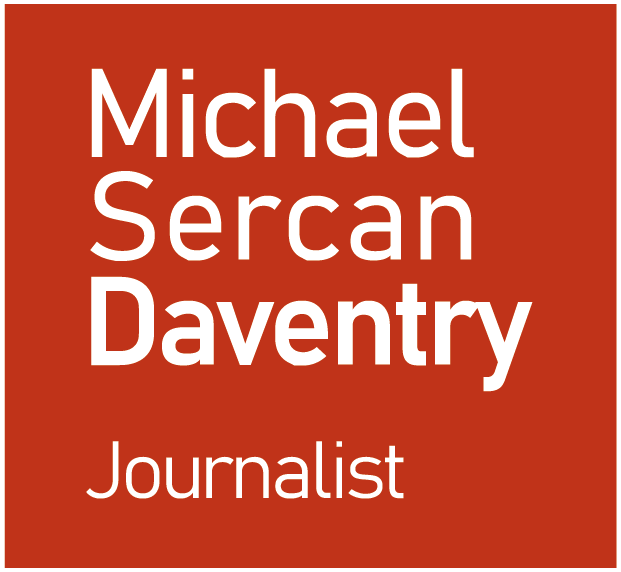This piece was originally printed in the Daily Telegraph on 17 August 2019. Online version here.
British Steel workers who have been frantically watching their company barrel its way to liquidation have good reason to be relieved this weekend: the company set to take it over is as safe as houses.
That is because Ataer Holding’s parent company is a leviathan pension fund owned by Turkey’s armed forces.
Oyak — an abbreviation of the Turkish for “Military Mutualisation Corporation” — is a well-recognised brand that once appeared everywhere on the Turkish high street, from banks to supermarkets.
These days it is more of a behind-the-scenes investor, holding shares in companies that make things such as cement, chemicals and solar energy. It also has a joint venture with French carmaker Renault that builds thousands of cars a year in the town of Bursa.
Yet Oyak remains one of those rare beasts — a pension fund that large numbers of people can actually identify —because it has been around for an awfully long time. The partnership with Renault celebrates its 50th anniversary this year; the fund itself can trace its roots to 1961.
The main reason Turkish people are aware of Oyak is that it belongs to the armed forces. Turkey’s military has traditionally been associated with the secularist ideology of Kemal Ataturk, the man who founded modern Turkey nearly a century ago, and it was for many decades rated the country’s single-most trusted institution. That was despite its habit of attempting to unseat democratically elected governments roughly once a decade — ostensibly to set the country back on a secular track.

Turkey’s armed forces have lost a lot of that clout in recent years, particularly since Recep Tayyip Erdoğan’s religious AK Party came to power, but make no mistake: this is still a vast institution. It largely makes cautious investment decisions because of its size: as of last November there were 477,000 active service personnel — three times that of the UK armed forces — and they can all reasonably expect at retirement to join the many hundreds of thousands drawing a pension right now.
Turkey’s economy is often rocky, but this is an organisation that has survived multiple economic crises. Little wonder that the UK government is pleased to have pinned Oyak down as the preferred bidder.
Indeed, there will be many in the UK this weekend — particularly at the Foreign Office — patting themselves on the back for a diplomatic job well done. This is a fund controlled by some of the most senior figures in the Turkish government and it has decided to invest in British manufacturing.
Perhaps uniquely among the big western countries, the UK retains an excellent relationship with Turkey because it has opted never to criticise Mr Erdoğan’s government in public.
While countries such as France, Germany and the US have been pilloried by Turkish politicians for highlighting such factors as the country’s slide to authoritarianism, its often arbitrary detention policy, or the serious allegations of human rights abuses when a Kurdish insurgency flared up in the country’s southeast, Britain largely kept out of the fray.
Turkish officials were also deeply flattered when Alan Duncan, then Europe minister, flew to Ankara in July 2016 to underscore British solidarity just days after a violent coup attempt. He was the first western politician to visit; few others followed his example. In the three years since, I have often heard Turkish ministers attack Europe and the West for “failing to stand by us one the night a democratically elected government faced overthrow”. Britain is always listed as an exception to that appraisal.
This was ultimately a business decision, but the politics definitely helped. So what do the Turks get from British Steel?
Turkey’s steel industry is a £12.8bn business, but — like the UK — it is shrinking and needs to make efficiencies to compete on a global stage in which China remains the big player and US tariffs can be unpredictable. The combined company can push for a greater share of global trade.
That was in effect what Toker Özcan, president of Oyak’s Mining and Metallurgy division, told the Turkish press as news of the potential purchase became public on Friday morning. The buyout is “just the first step in its plans for the future”, he said, adding: “Our priority is to increase our manufacturing capacity in this production area and to invest in clean steel production”.
From British Steel’s perspective, it is the news most will hardly have dared to dream of: a company rescued from liquidation. What remains to be seen is whether the Turkish decision to invest in Britain’s declining manufacturing industry was a prudent one.
